The IDF's manpower problem
Israeli military's shortage of up to 12,000 troops results in call-up for tens of thousands of reservists
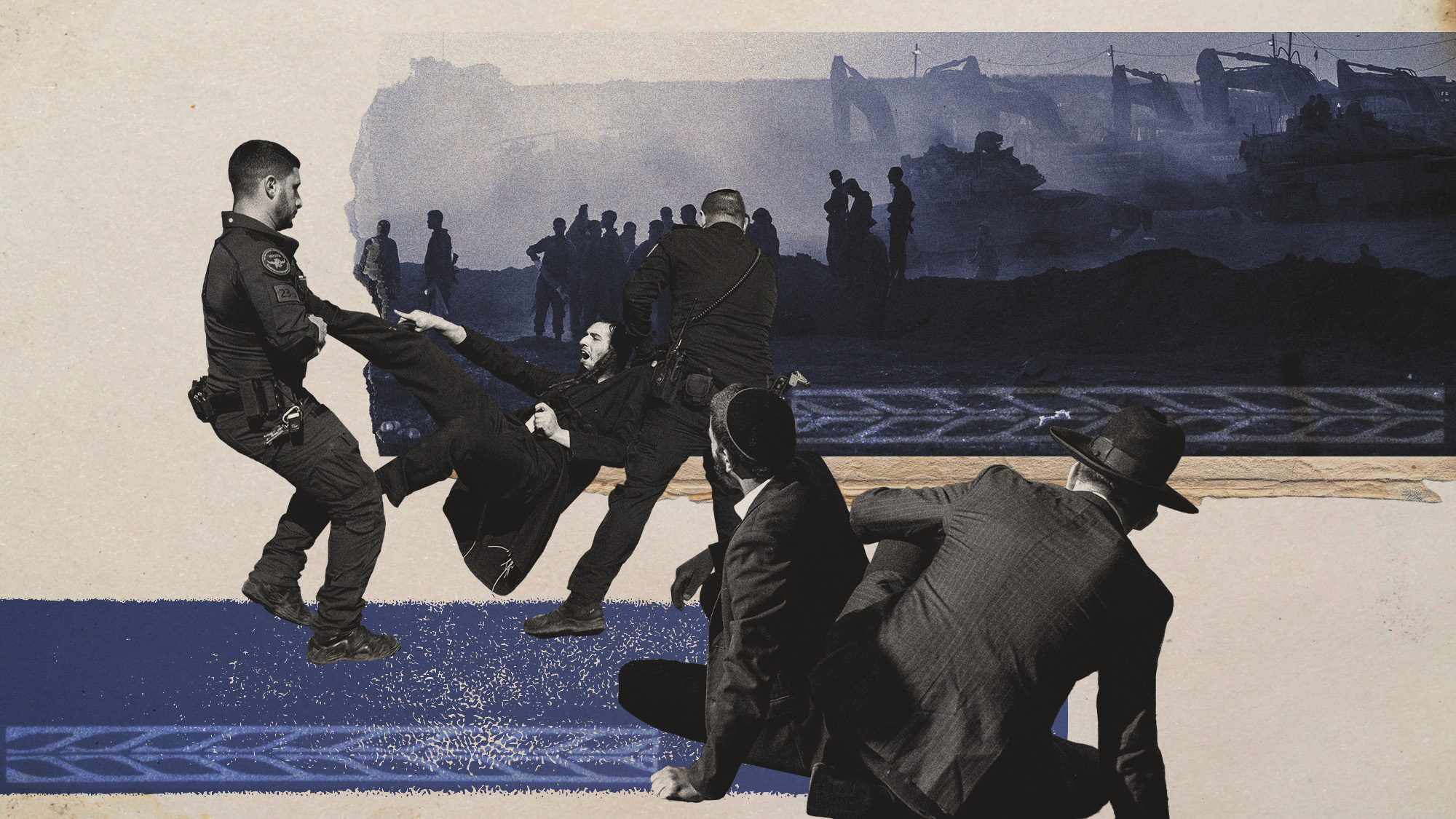
As it begins its controversial assault on Gaza City with a depleted and demoralised full-time force, the Israel Defense Forces (IDF) is calling up 60,000 part-time reservists.
Another 20,000 reservists currently serving will have their terms extended to prop up the nation's "exhausted military" for the "takeover and occupation" of the city in northern Gaza, said CNN.
Does the IDF have enough soldiers?
Israel has a "relatively small" standing army of about 169,000, said Middle East analyst Ian Parmeter on The Conversation. The IDF needs another 10,000 to 12,000 full-time soldiers to reach optimal staffing levels, including 7,000 additional combat troops. During times of military need, it relies on more than 400,000 reservists, Israelis who have completed their military service but can be called back if required.
The Week
Escape your echo chamber. Get the facts behind the news, plus analysis from multiple perspectives.

Sign up for The Week's Free Newsletters
From our morning news briefing to a weekly Good News Newsletter, get the best of The Week delivered directly to your inbox.
From our morning news briefing to a weekly Good News Newsletter, get the best of The Week delivered directly to your inbox.
What problems is the IDF facing?
Morale is a growing issue. A recent survey from the Hebrew University of Jerusalem, reported in The Times of Israel, found that close to 40% of serving reservists felt slightly or significantly less motivated than they did at the beginning of the conflict. Almost half said they disapproved of the government's handling of the war.
"Draft-dodging" is also depleting numbers. An arrangement made at the founding of the Israeli state exempted the Haredi (or ultra Orthodox) from military service, but that exemption was rescinded last year. However, resistance to conscription remains high and there are currently an estimated 14,600 "refuseniks" in the Haredi community, said Ynetnews.
Relying on reservists brings its own problems, because taking reservists from their normal jobs for long periods has "adverse effects on the economy and harms Israel in the long term", said Parmeter. Even with the reservists, Israel doesn't have enough personnel to deploy its strategy for the entire strip, and it also needs soldiers in the West Bank.
How is the IDF boosting numbers?
Refusing military service is a criminal offence punishable by jail time in Israel, but the government is offering an amnesty in an attempt to boost enlistment among the haredi community. Dubbed "Starting Anew", it will see draft-dodgers escape punishment if they voluntarily enlist now.
A free daily email with the biggest news stories of the day – and the best features from TheWeek.com
The IDF is also said to be considering swelling its ranks from the international Jewish diaspora. The army is "exploring the possibility" of recruiting approximately 600-700 additional soldiers a year from outside Israel, with a focus on the United States and France, said The Jerusalem Post.
The army is also continuing to move more female soldiers into combat roles to plug gaps on the frontline. Women can serve as infantry troops in mixed battalions, as well as in tank crews, frontline artillery and air defence. Ten years ago, there were just 500 female soldiers in combat roles, said The Jerusalem Post, but there are now more than 5,000, accounting for one in five of the IDF's total combat strength.
Chas Newkey-Burden has been part of The Week Digital team for more than a decade and a journalist for 25 years, starting out on the irreverent football weekly 90 Minutes, before moving to lifestyle magazines Loaded and Attitude. He was a columnist for The Big Issue and landed a world exclusive with David Beckham that became the weekly magazine’s bestselling issue. He now writes regularly for The Guardian, The Telegraph, The Independent, Metro, FourFourTwo and the i new site. He is also the author of a number of non-fiction books.
-
 Will SpaceX, OpenAI and Anthropic make 2026 the year of mega tech listings?
Will SpaceX, OpenAI and Anthropic make 2026 the year of mega tech listings?In Depth SpaceX float may come as soon as this year, and would be the largest IPO in history
-
 Reforming the House of Lords
Reforming the House of LordsThe Explainer Keir Starmer’s government regards reform of the House of Lords as ‘long overdue and essential’
-
 Sudoku: February 2026
Sudoku: February 2026Puzzles The daily medium sudoku puzzle from The Week
-
 Israel retrieves final hostage’s body from Gaza
Israel retrieves final hostage’s body from GazaSpeed Read The 24-year-old police officer was killed during the initial Hamas attack
-
 What will happen in 2026? Predictions and events
What will happen in 2026? Predictions and eventsIn Depth The new year could bring peace in Ukraine or war in Venezuela, as Donald Trump prepares to host a highly politicised World Cup and Nasa returns to the Moon
-
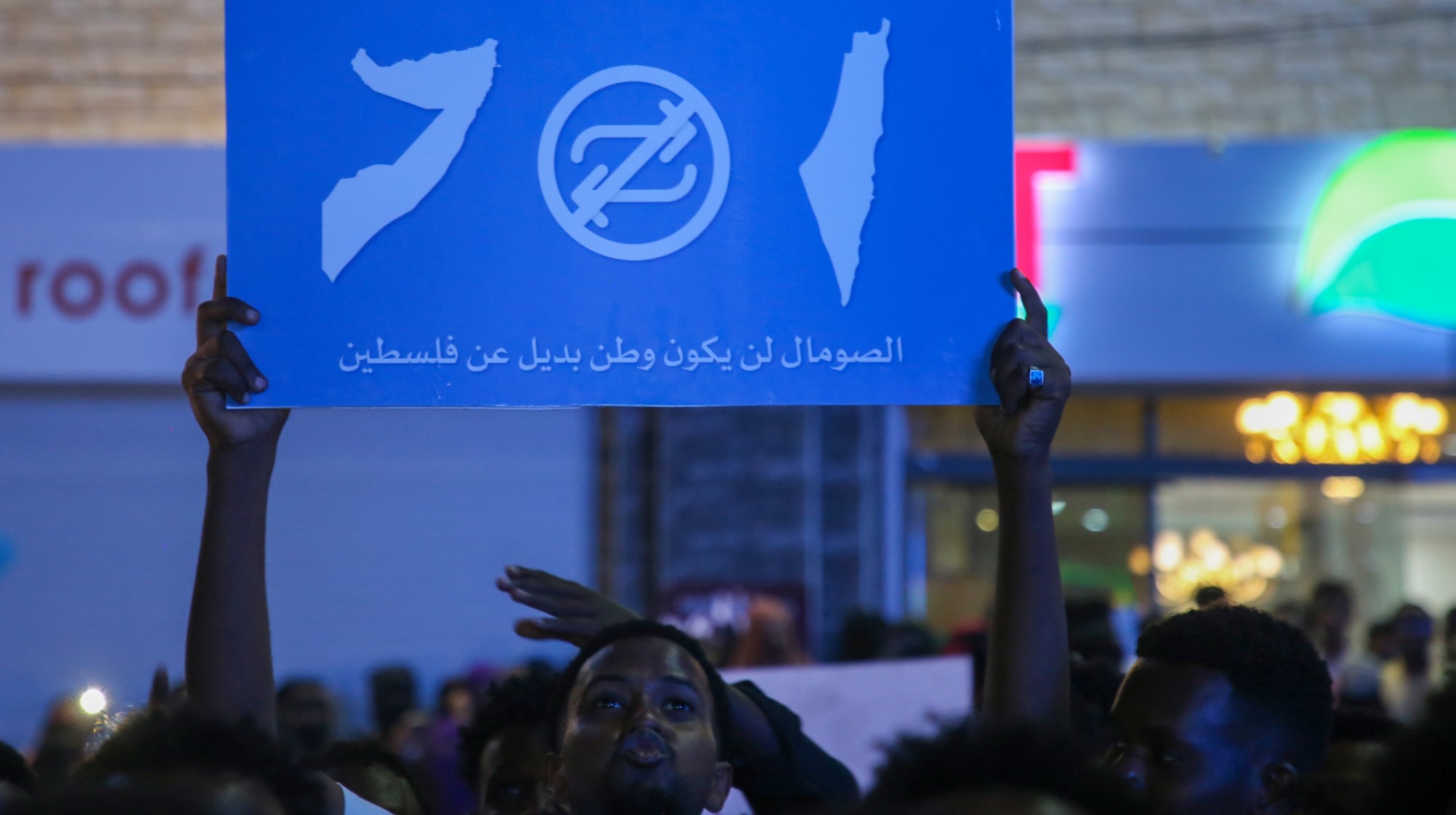 Why recognizing Somaliland is so risky for Israel
Why recognizing Somaliland is so risky for IsraelTHE EXPLAINER By wading into one of North Africa’s most fraught political schisms, the Netanyahu government risks further international isolation
-
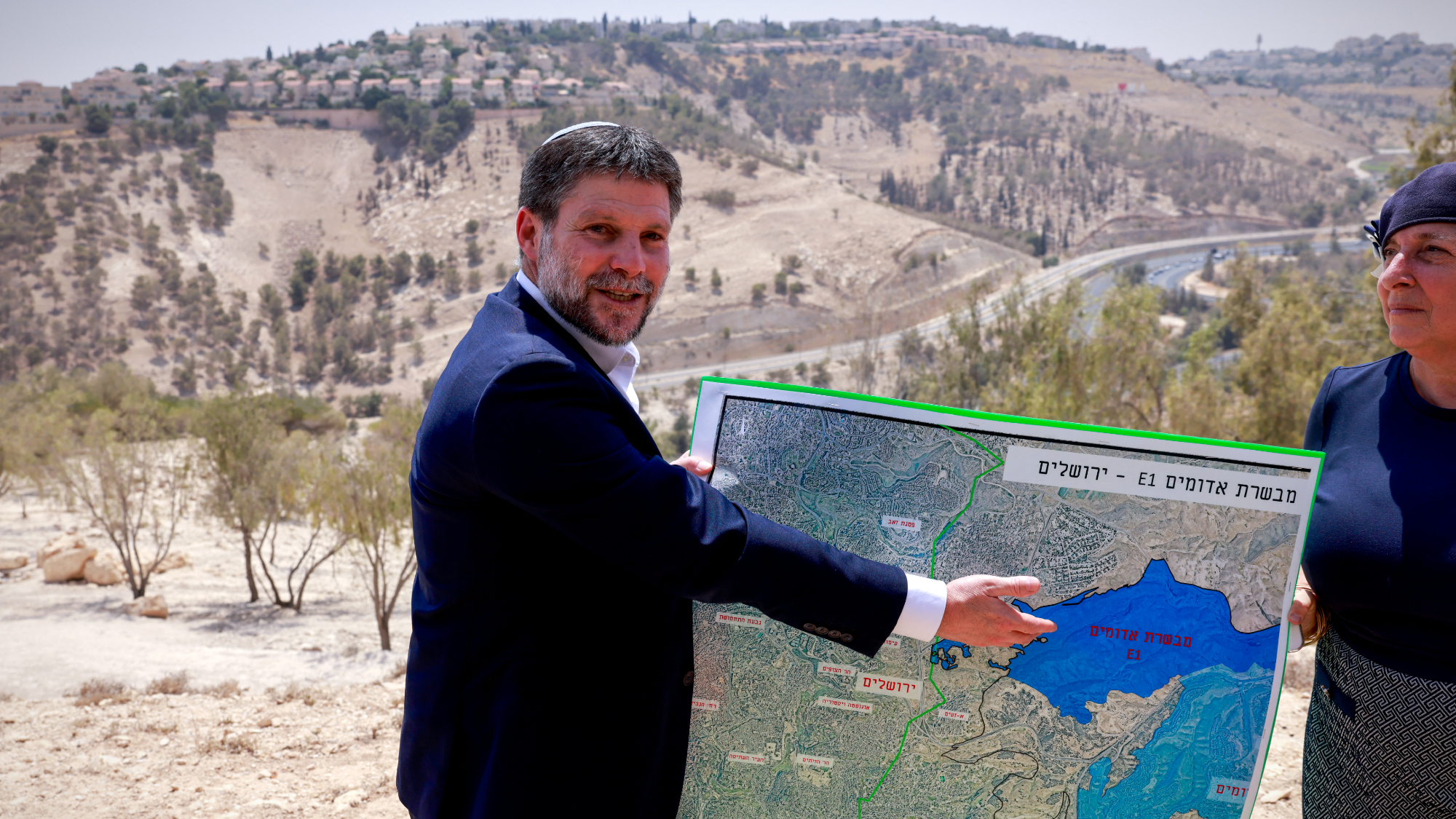 Israel approves new West Bank settlements
Israel approves new West Bank settlementsSpeed Read The ‘Israeli onslaught has all but vanquished a free Palestinian existence in the West Bank’
-
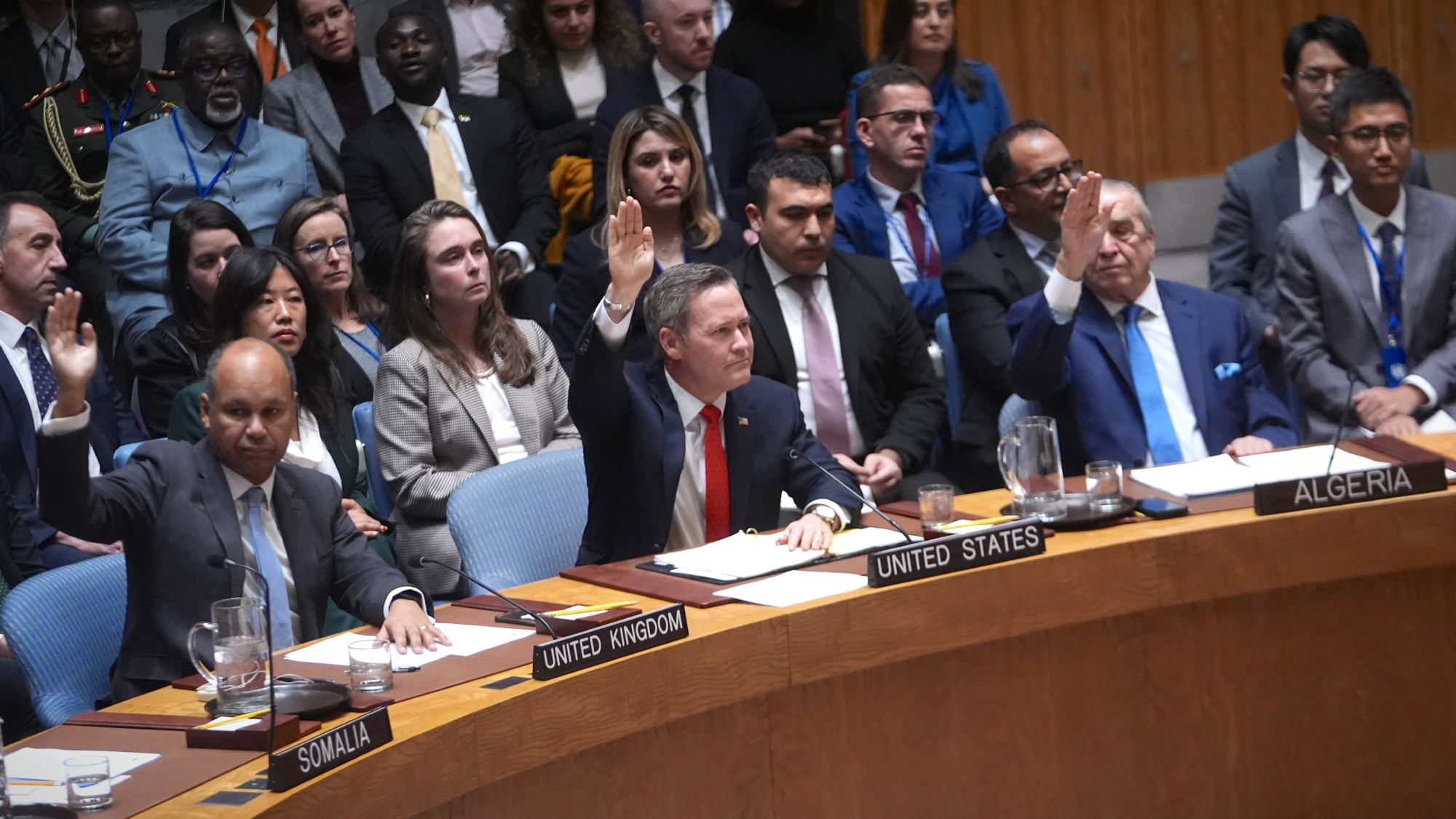 UN Security Council backs Trump’s Gaza peace plan
UN Security Council backs Trump’s Gaza peace planSpeed Read The United Nations voted 13-0 to endorse President Donald Trump’s 20-point plan to withdraw Israeli troops from Gaza
-
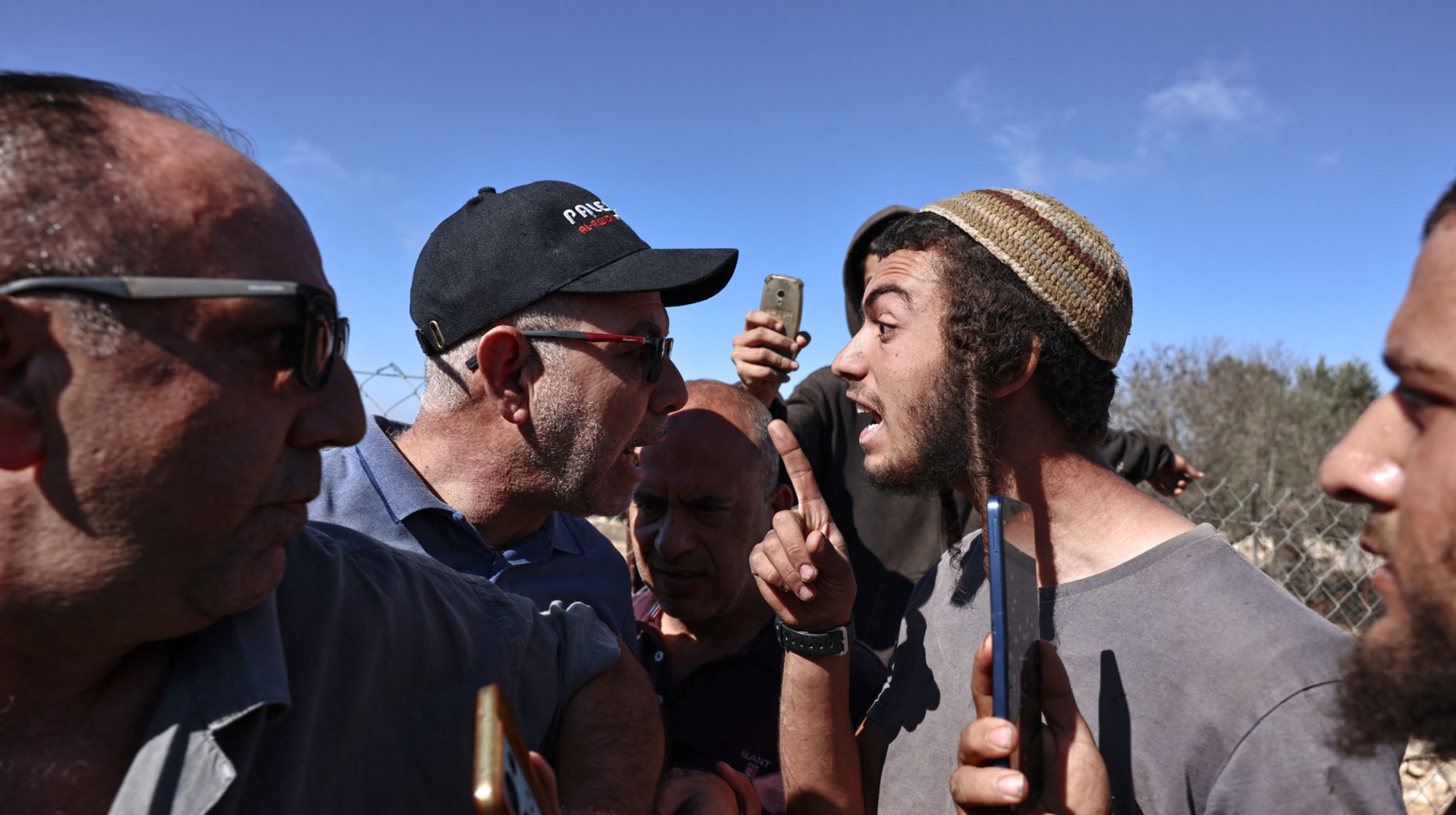 Israel jolted by ‘shocking’ settler violence
Israel jolted by ‘shocking’ settler violenceIN THE SPOTLIGHT A wave of brazen attacks on Palestinian communities in the West Bank has prompted a rare public outcry from Israeli officials
-
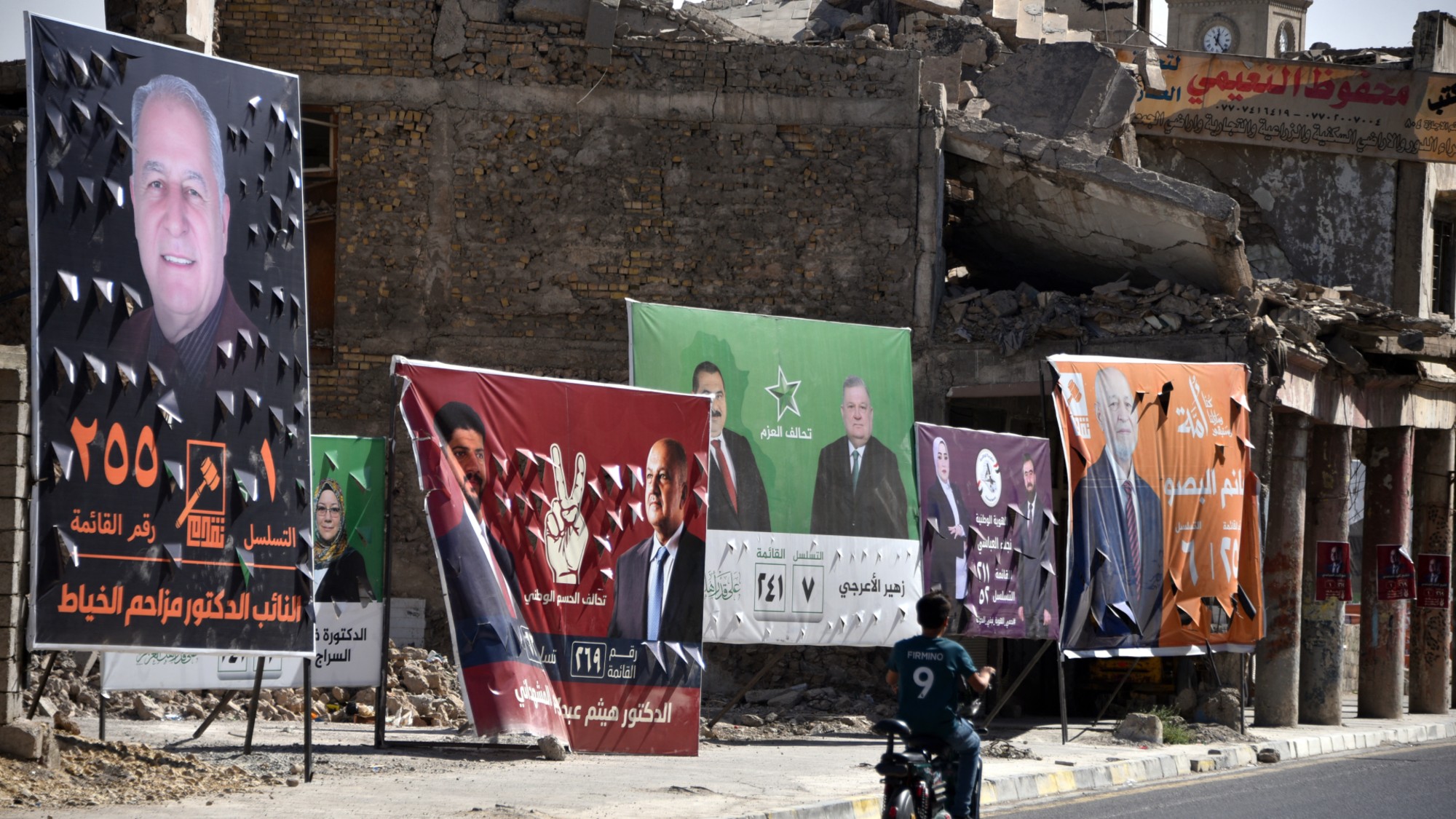 Why these Iraqi elections are so important
Why these Iraqi elections are so importantThe Explainer The US and Israel are increasingly pressuring Baghdad to tackle Iran-backed militants, while weakened Iran sees Iraq as a vital remaining ally
-
 Israel arrests ex-IDF legal chief over abuse video leak
Israel arrests ex-IDF legal chief over abuse video leakSpeed Read Maj. Gen. Yifat Tomer-Yerushalmi had resigned from her post last week